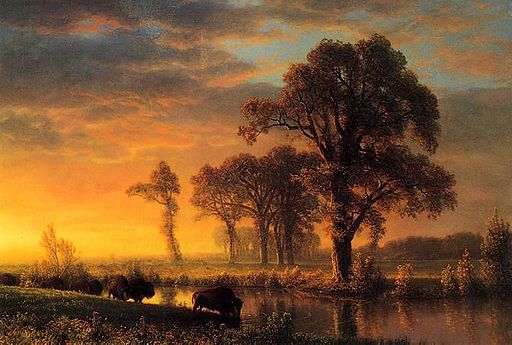I. F.— That's right! pepper them well; a lucky shot! that fellow will pay us for our fright. I assure you I did not breathe! --Scenes Beyond the Western Border, September 1851; and Scenes and Adventures in the Army
***
I. F. "A forfeit! Mathematics are infernal.'"
"— I assure you (it is a secret of mine) that nothing else known among men can cope with feminine logic; but that is magical; the d—l can as well resist holy water." --Scenes Beyond the Western Border, December 1851; and, revised, in Scenes and Adventures in the Army
* * *
My romance I assure you is no dish water nor its model borrowed from the Circulating Library. It is something new I assure you, & original if nothing more. But I can give you no adequate idea, of it. You must see it for yourself. -- Only forbear to prejudge it. -- It opens like a true narrative -- like Omoo for example, on ship board -- & the romance & poetry of the thing thence grow continually, till it becomes a story wild enough I assure you & with a meaning too. --Letter to John Murray, March 25 1848 - Melville's Correspondence.The transition is a keen one, I assure you, from a schoolmaster to a sailor, and requires a strong decoction of Seneca and the Stoics to enable you to grin and bear it. -- Moby-Dick—so one may wake up wise, and slow of assent, very wise and very slow, I assure you, and for all that, before night, by like trick in the atmosphere, be left in the lurch a ninny. --The Confidence-Man



